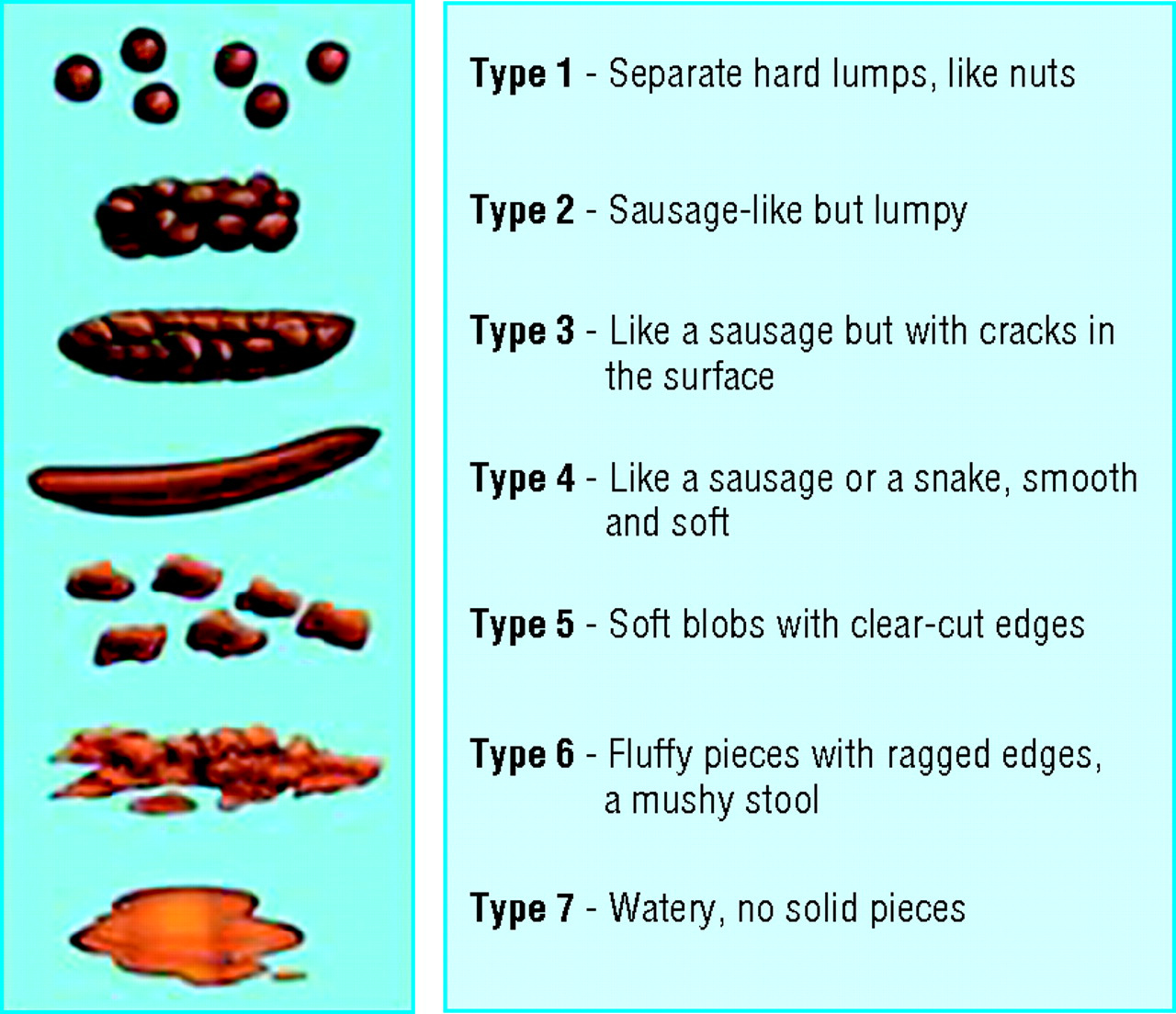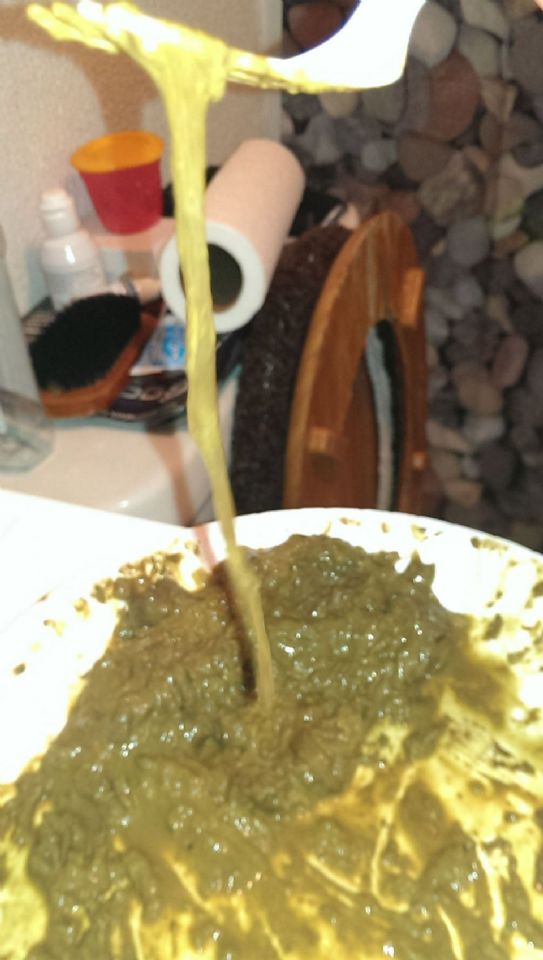

“Collect the worms and bring them in to your doctor,” advises Dr. When to worry: If you find worms in your poop and you don’t freak out, then nothing must rattle you. You can pick up tapeworms from eating uncooked meats like beef and pork, and pinworms from bedding or toilet seats. What the heck are they doing there? Worms can signal a parasitic infection, which can prevent you from properly absorbing your food, Dr. Related: 6 Disgusting Things That Are on Your Body RIGHT NOW! Rectal itching-especially at night, when pinworms lay their eggs around the anus-can point to worms, too. It’s the stuff of nightmares: You look down into the toilet bowl and see small, white, thread-like worms (called pinworms) or long, flat, white strands (tapeworms) wiggling around your poop. He or she may recommend a colonoscopy or a flexible sigmoidoscopy-a less invasive examination of the lower colon-to check for IBD, hemorrhoids, or colon cancer. When to worry: We’re stating the obvious, but anytime you see blood in your poop, you need to high-tail it to your doctor. A Spanish study found that people who regularly took NSAIDs were 72 percent more likely to experience upper gastrointestinal bleeding than those who weren’t on the meds.īest-case scenario: Black, tarry looking stools could just stem from something you’re consuming, like Pepto-Bismol, iron supplements, and some foods like spinach.

NSAIDs like ibuprofen and aspirin can also cause recurrent bleeding anywhere in the gut, making your stools look almost black. But it could also signal serious conditions like inflammatory bowel disorders (IBD), or even colon cancer. (Keep reading.)īright red blood in the bowl usually means hemorrhoids, which are swollen veins in your rectum or anus that bleed when you strain, says Dr. The bigger concern is if you see blood along with the mucus, which could point to inflammation, infection, or a tumor in your rectum or higher up in your gastrointestinal tract, says Dr. The disorder causes abdominal pain, bloating, gas, diarrhea, and constipation, but you can manage it with diet and lifestyle tweaks.

When to worry: If you didn’t think you had IBS, you’ll want to see your doctor for a diagnosis. If you frequently go #2, your colon contracts more often-so it’s normal for people with irritable bowel syndrome (IBS) to see mucus in their stools, says Robert Burakoff, M.D., chief of gastroenterology, hepatology, and endoscopy at Brigham and Women’s Hospital in Boston. Your digestive tract is lined with mucus to help food pass smoothly. Stringy stool could be a sign of both minor and more serious health conditions, like these: Constipation Constipation is when you poop less than three times a week. Play icon The triangle icon that indicates to play


 0 kommentar(er)
0 kommentar(er)
